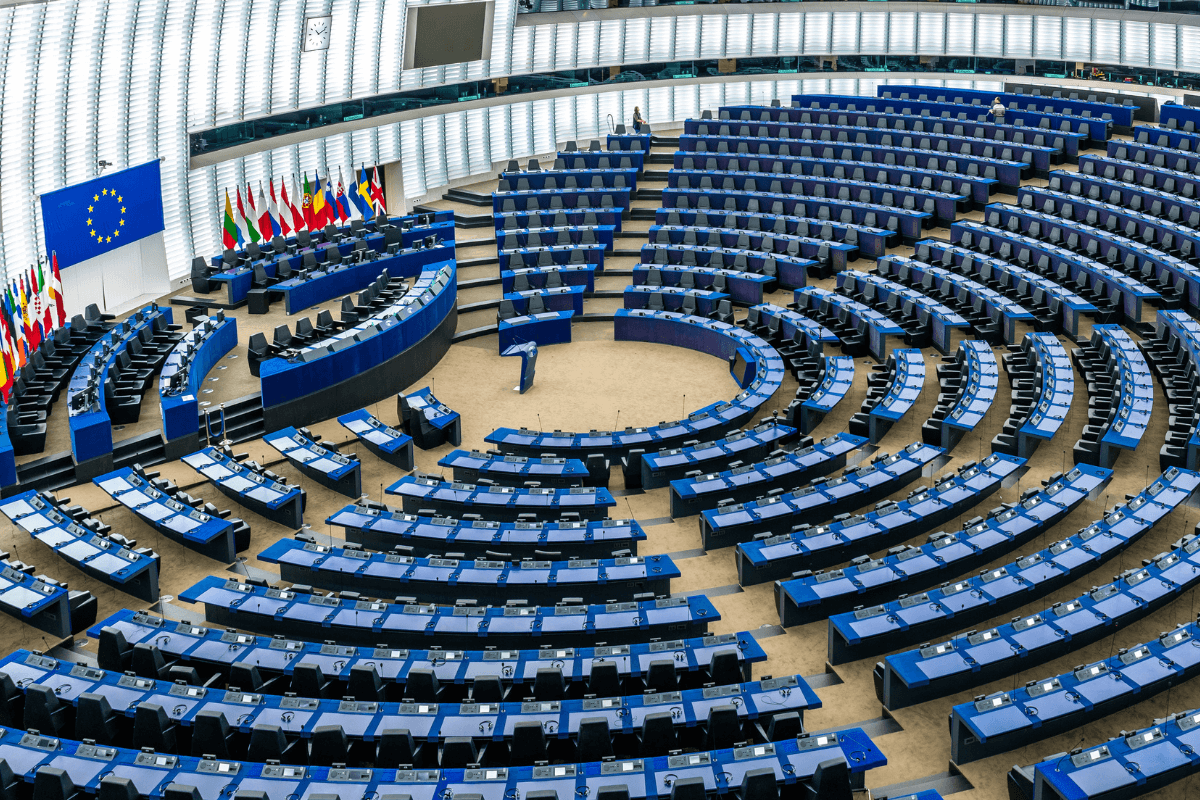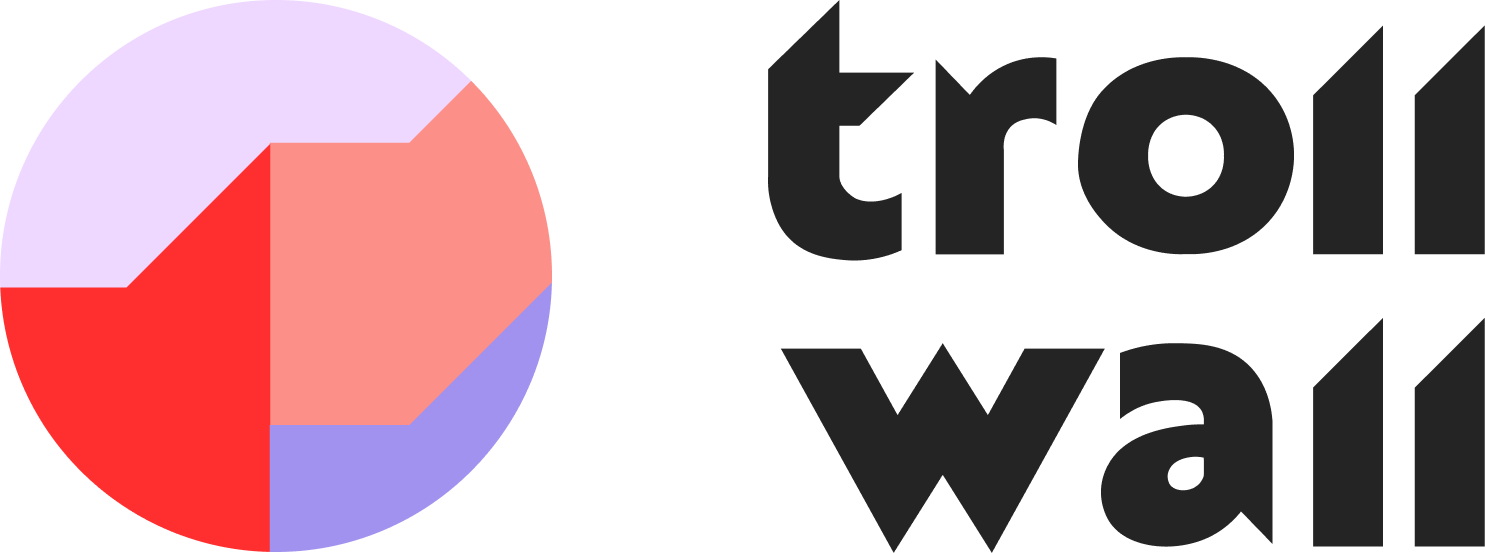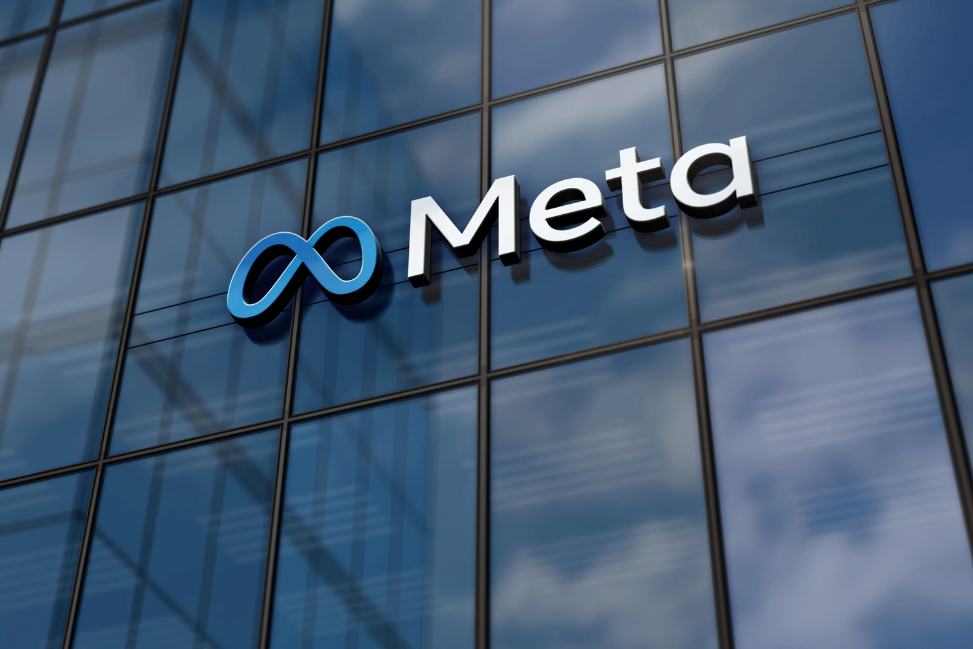The digital political landscape in Europe is experiencing its most significant disruption in over a decade. Meta announced in July 2025 that it will stop all political, electoral, and social issue advertising across its EU platforms from early October 2025.
The EU's incoming Transparency and Targeting of Political Advertising (TTPA) regulation is creating significant operational and legal challenges for political parties and leaders.
This decision doesn't just affect Meta. Google already announced it would pull political advertising in the EU from October 2025, and the withdrawal extends to LinkedIn and TikTok as well. For political parties, NGOs, and advocacy groups across Europe, this represents a fundamental shift in how democratic actors can reach voters in the digital sphere.
Let's explore how political organizations should prepare for this shift.

Understanding the TTPA
The TTPA regulation takes effect on October 10, 2025, requiring platforms to include detailed information on who paid for each political ad, how much was spent, what targeting criteria were used, and imposing a ban on political advertising from sponsors outside the EU in the three months leading up to elections.
According to industry experts, the regulation creates several critical challenges:
- First-party data only: Organizations can only use data they directly collected from individuals, eliminating third-party data usage
- Mandatory opt-in: Users must explicitly consent before seeing political ads
- Direct data linking: Any targeting must be directly linked to the data point being used
The most problematic aspect lies in the broad definition of what constitutes a political ad. The definition: "Any form of advertising which is liable designed to influence the outcome of an election, a referendum, voting behavior, a legislative or a regulatory process," leaves substantial room for interpretation and puts NGOs and advocacy groups in particularly precarious positions.
The Democratic Cost of Platform Withdrawal
The departure of major platforms creates a vacuum that fundamentally alters democratic discourse. As highlighted in expert analysis, paid political ads were one of the few ways to counterbalance algorithm-driven visibility. This creates a particular disadvantage for democratic parties, which rely more heavily on paid advertising than extremist movements that often mobilize organically.
Perhaps most concerning, politics must now compete entirely with entertainment and commercial content for organic reach on platforms where algorithms already downgrade political content.

3 Immediate Actions Political Organizations Should Adopt Now
1. Build Compliance Into Your Strategy
- Start labeling content transparently immediately
- Keep detailed records of spending and targeting
- Train your team on TTPA requirements
- Implement necessary legal processes now, not during election season
2. Organic Reach Optimization
- Invest heavily in video-first content
- Build collaboration networks across social media accounts
- Focus on mobilization networks that can amplify your message without paid promotion
- Test content faster and more frequently
- Protect your organic posts from trolls, spam, and harmful associations that can destroy your reach overnight with AI-powered comment moderation tools, such as TrollWall AI
3. Partner with TTPA-Compliant Solutions
- Begin testing new advertising platforms and programmatic solutions
- Don't wait for perfect solutions - early adoption and testing will provide competitive advantages
- Experiment with AI-driven content testing and contextual targeting tools
Long-term Strategic Adaptation
While immediate actions address the October deadline, sustainable success requires a fundamental restructuring of how European political organizations approach digital communication. Organizations that invest in long-term adaptation now will gain significant competitive advantages over opponents who remain reactive to regulatory changes.
These are the three strategic tactics that can help you thrive and adapt long-term to this political advertising shift:
1. Programmatic Advertising
With traditional platforms gone, programmatic advertising emerges as the primary alternative. This automated ad buying places your ads across thousands of websites and apps in real-time, without the need to negotiate with individual publishers. Think of it as your ads appearing on news sites, blogs, and apps based on the content being read, not the person reading it. This shift moves campaigns from personal data-driven micro-targeting toward contextual targeting - matching ads to content environments rather than individual profiles.
2. Digital Out-of-Home (DOOH) Opportunities
DOOH advertising remains largely unaffected by TTPA restrictions, especially when not based on data-driven targeting. DOOH refers to digital billboards, screens in transit stations, shopping centers, and other public displays. Unlike traditional billboards, these can be updated instantly and scheduled for specific times of day. Strategic placement around key locations and times can provide effective reach without regulatory complications.
3. Content Moderation for Organic Reach
With political parties now forced to rely heavily on organic content, maintaining quality and compliance becomes critical. AI-powered content moderation tools like TrollWall AI can help political organizations navigate this new reality by:
- Real-time content screening: Automatically reviewing posts, comments, and user-generated content to ensure compliance with platform guidelines
- Brand safety protection: Preventing association with harmful or extremist content that could damage campaign credibility
- Comment management: Filtering out trolls, spam, and malicious actors that could derail organic conversations
- Compliance monitoring: Ensuring organic content meets TTPA transparency requirements and platform policies
Since organic reach now carries the full weight of political communication, protecting and optimizing this channel becomes mission-critical for campaign success.
Pro Tip: Innovation Testing
Continuously experimenting with new tools, platforms, and approaches will help you get ahead of competitors and opponents.
Why Waiting Is Not an Option
Organizations that delay adaptation face compounding disadvantages that become exponentially harder to overcome. Without proper content moderation systems in place, a single viral negative comment thread or association with extremist content can derail months of organic reach building overnight. While this ban creates immediate challenges, it also forces necessary innovation in political communication.
The difference between winners and losers will be timing. Early adopters will have refined, tested strategies ready for the election season. Late movers will be running experimental campaigns during their most crucial moments.
The question isn't whether this change will happen, but which organizations will be ready to thrive. Those who wait until next year will find themselves scrambling in an already crowded, expensive landscape and simply invisible when it matters most.

Protect Your Political Campaign's Digital Presence
The European Commission is expected to release implementation guidelines in Q4 2025, but political organizations shouldn't wait. The key is operating as if full restrictions are already in place while building capacity for innovation.
Though the paid ads may be gone, your voice doesn't have to disappear. Focus on your organic content on your primary channel for reaching voters.

TrollWall AI helps political organizations:
- Stay visible by protecting your organic reach from trolls and spam that tank your engagement
- Stay compliant by automatically screening content for TTPA requirements
- Stay safe by preventing brand-damaging associations with extremist content
- Stay focused on your message while AI handles the 24/7 comment moderation
Don't wait until your organic channels become vulnerable. Schedule a free demo to see how TrollWall AI can protect your campaign's organic reach.
